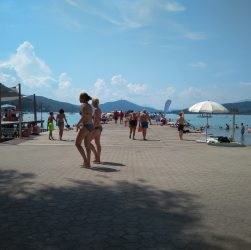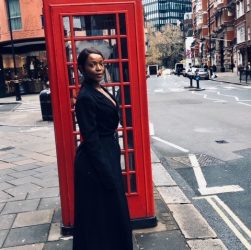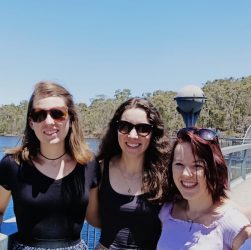Pre-departure I attended the Algorithmic and Enumerative Combinatorics Summer School which took place in Hagenberg, Austria from 29 July to …


Pre-departure I attended the Algorithmic and Enumerative Combinatorics Summer School which took place in Hagenberg, Austria from 29 July to …

Greetings and salutations to you, future S.U. ambassadors and travelers. I’m an MBChB V student who just experienced the most …

I was elated to hear that I had been chosen by the SU International Office to attend a Summer School …